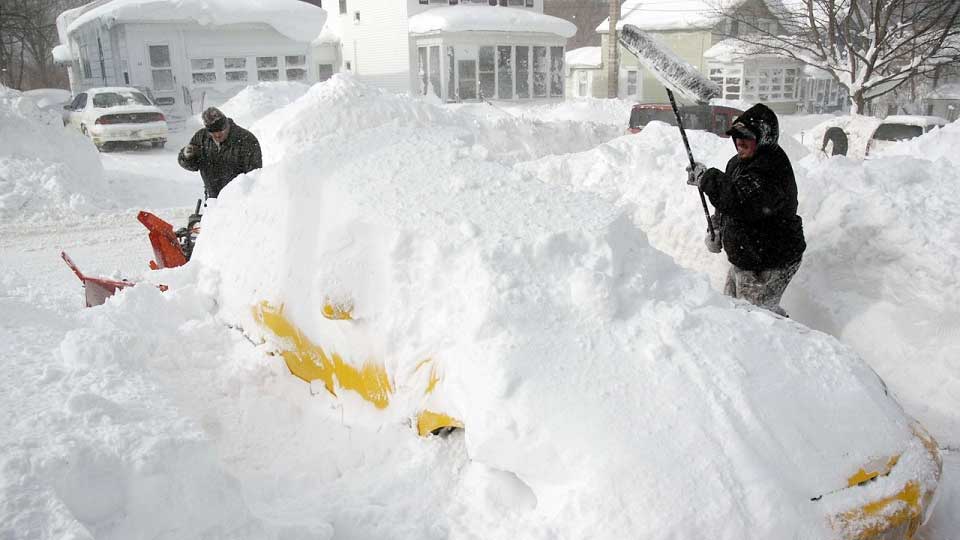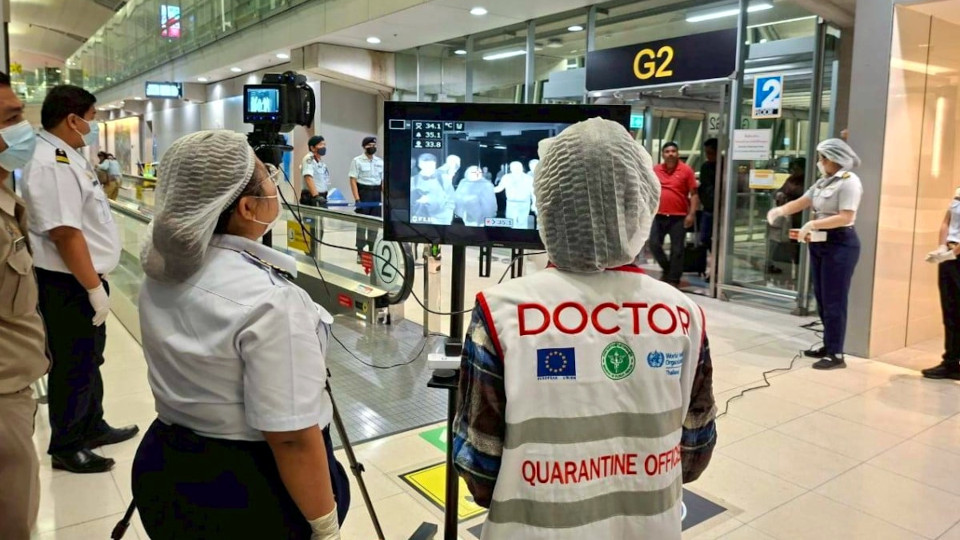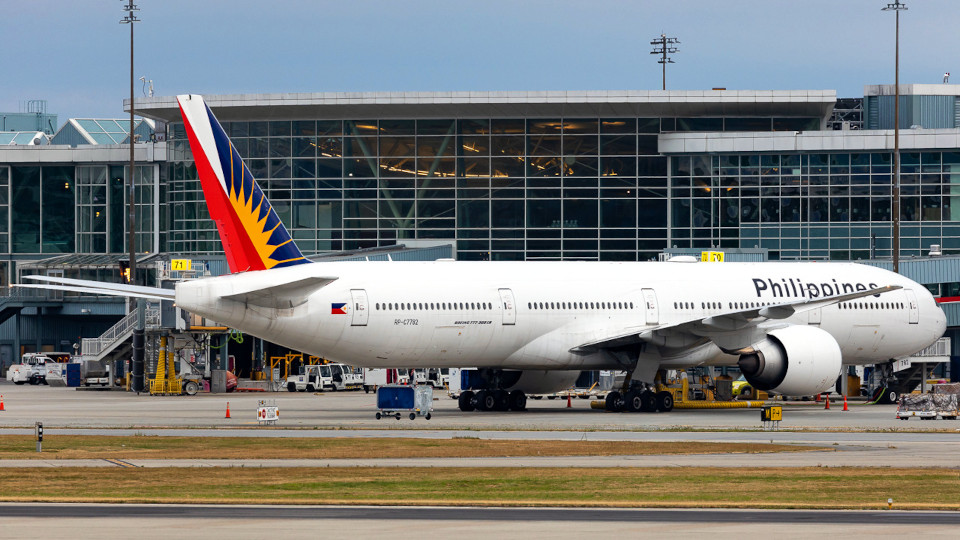
Dhaka: East Asia and the Asia-Pacific region are facing an onslaught of extreme weather events, with record-breaking temperatures, torrential rains, and unexpected snowfall disrupting travel and tourism and raising concerns about the growing impact of climate change on the industry.
In Japan, the summer of 2025 has added to a worrying trend. Following the hottest summers on record in both 2023 and 2024, and the warmest-ever June this year, meteorologists report that July temperatures have once again hit record highs, marking the third consecutive year of such conditions. A third of the country’s weather stations recorded daytime highs above 35°C.
A similar pattern is playing out in South Korea, which has endured 22 consecutive "tropical nights"—nights when temperatures fail to fall below 25°C. With August typically being the hottest month, meteorologists warn the heat could persist into September, raising public health concerns, particularly for the elderly and vulnerable populations.
Meanwhile, in Australia, which has battled wildfires, extreme heat, and even plagues of mice in recent years, the current southern hemisphere winter is bringing yet another climate surprise. Eastern parts of the country have experienced double the average August rainfall, with 100–200 mm falling over just five days.
As warm moisture from the Tasman Sea collided with colder inland air masses, the Bureau of Meteorology reported 40 cm of snowfall across highland areas of New South Wales—the most since the mid-1980s. The snowstorm triggered power outages affecting tens of thousands and forced emergency services to rescue over 100 stranded vehicles.
In the Philippines, the fluctuating weather has made travel unpredictable. British tourist Nick Ullah, travelling with his partner across the region, described a disjointed and physically taxing trip. “In Manila, we arrived just after a major storm—streets were flooded and rescue boats were on standby,” he told Travel Tomorrow. “Then in Boracay, the sun was relentless. In El Nido, the rooftop pool felt like a hot tub. Island-hopping to Coron felt like a brutal Castaway experience—I was sunburned even with SPF 90 sunblock.”
Travel industry experts say the changing climate is already reshaping tourism patterns. According to News.com.au, many travellers are now booking excursions much closer to their travel dates to avoid disruptions, while rising insurance premiums—passed on by smaller tour operators—are making holidays more expensive.
Brett Mitchell, Managing Director for Australia at Intrepid Travel, acknowledged the growing risk. “Climate change is one of our most pressing business threats. We’re seeing the impact globally—and increasingly here in Australia.”
As the Asia-Pacific region grapples with weather extremes ranging from scorching heatwaves to snowstorms, experts and tour operators alike are warning that the tourism industry must urgently adapt to a future shaped by climate instability.
-B











